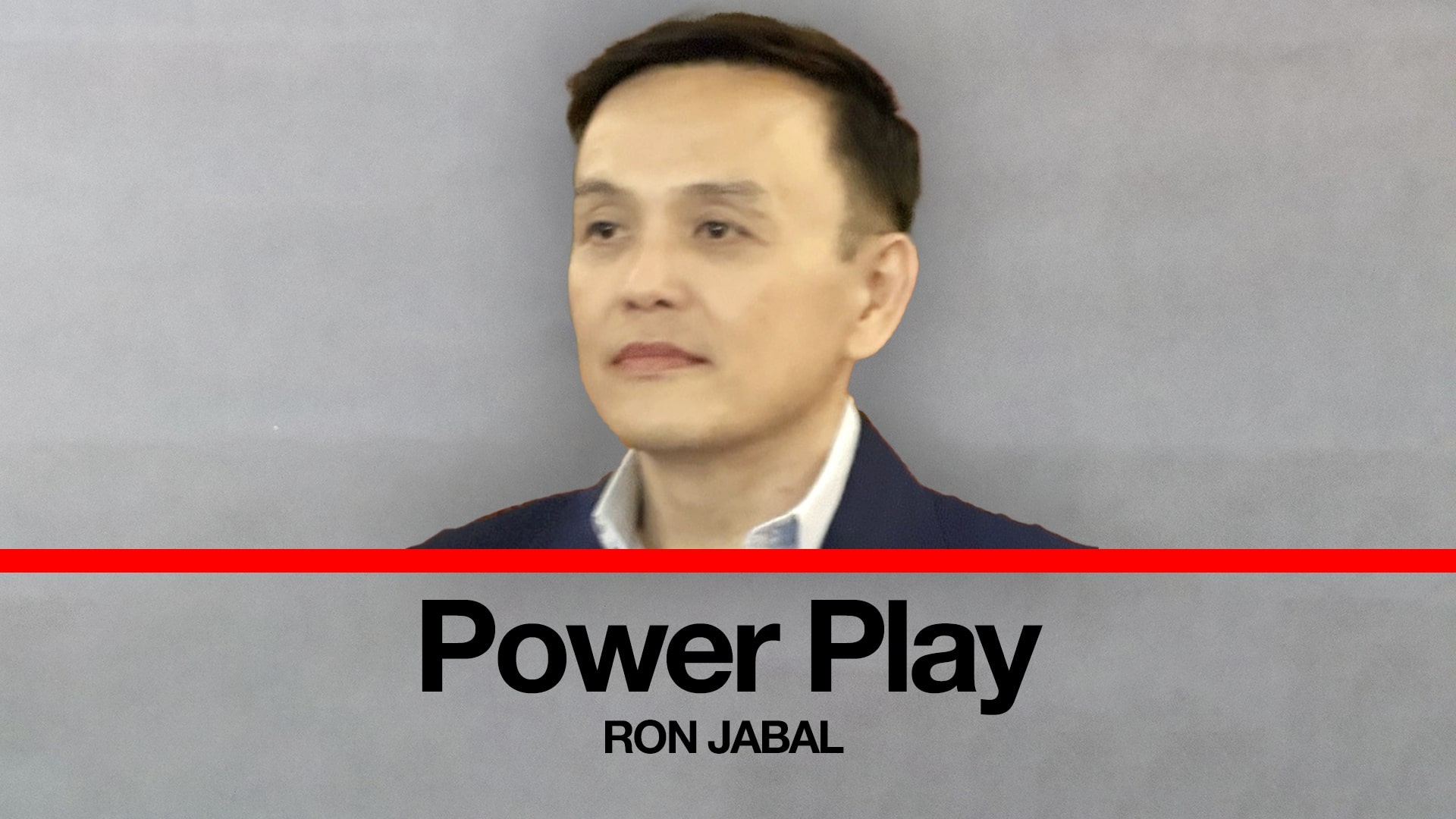The spectacle of Donald Trump and Elon Musk exchanging public barbs has once again captured the world’s attention not because it’s rare, but because it is revealing. When a former U.S. president and the world’s richest man square off in a contest of egos, ideologies, and influence, it exposes more than just personality clashes. It surfaces fundamental lessons about power, leadership, loyalty, and the evolving dynamics between politics and technology.
For the Philippines, a country where politics is deeply personal, where loyalty is prized over policy, and where digital influence is rising faster than governance structures can keep up, the Trump-Musk feud isn’t just foreign entertainment. It’s a cautionary tale. And if our leaders are paying attention, there is so much to unpack.
Lesson 1: Loyalty Built on Transaction Is Loyalty Easily Lost
Donald Trump helped fuel Musk’s business interests by rolling back regulations and praising innovation. Musk, in return, initially appeared sympathetic to Trump’s views on free speech, especially as it aligned with his X (formerly Twitter) acquisition and rebranding agenda.
But loyalty forged in convenience rarely survives conflict.
Philippine parallel? Think of how easily political alliances dissolve after elections. Presidents turn on vice presidents. Former cabinet members become vocal critics. Business magnates once funding campaigns suddenly disappear or reappear backing the next bet.
Takeaway: Filipino leaders must ask: are you building alliances for power or partnerships for principle?
Lesson 2: The Platform Is Now More Powerful Than the Podium
Musk owns a platform. Trump thrives on them. But when Trump was deplatformed post-January 6 brouhaha, he realized a painful truth: political capital can be muted by platform control. Musk, owning X, restored Trump’s account, but Trump never fully returned showing even populist leaders need tech gatekeepers.
In contrast, Musk uses X not just to push business agendas but to shape political narratives, even flirting with presidential ambitions himself.
Philippine parallel? Social media continues to define our elections. TikTok, Facebook, and YouTube shape more minds than press briefings or Senate hearings. Our institutions are increasingly powerless against meme warfare and viral disinformation.
Takeaway: Leaders must stop treating platforms as afterthoughts. Digital architecture is now political infrastructure. Regulate it. Engage with it. Don’t be ruled by it.
Lesson 3: Billionaire Endorsements Can Win You Headlines Not Always Hearts
Trump has long sought the approval of moguls to lend legitimacy to his populism. Musk, in turn, wields his wealth as proof of credibility and genius. Their clash reveals a truth: the public’s fascination with wealth has limits when that wealth is weaponized.
Filipinos too often idolize billionaires as national saviors. The political rise of business tycoons, or those heavily bankrolled by them, reflects a belief that private success equals public service.
But as the Trump-Musk feud shows, egos, not empathy, often drive these alignments.
Takeaway: Philippine voters and leaders alike should be wary of the myth that the rich automatically make the right. Wealth is not wisdom, and ambition is not leadership.
Lesson 4: The Public Arena Is No Place for Pettiness
The Musk-Trump feud could have been a backchannel disagreement. Instead, it became a global soap opera complete with X-posts, mockery, and leaks. What should have been a policy discussion about governance turned into mudslinging.
This reflects a dangerous trend: when leaders act like influencers, governance becomes a popularity contest. The Philippines, with its telenovela-style politics, already suffers from this.
Takeaway: Leaders must resist the urge to settle scores online. Our nation’s progress depends on leaders who build institutions, not fan bases.
Final Word: Influence is the New Currency Use It Wisely
The Trump-Musk feud shows us that the lines between tech, power, and politics are permanently blurred. Influence is now wielded not through office alone, but through platforms, algorithms, and billion-dollar branding.
The Philippines must take this seriously. Our leaders must modernize how they engage, reform how they are held accountable, and recognize that the future of democracy depends on how well they understand the architecture of influence.
Because if the clash between a former president and a tech tycoon teaches us anything, it’s this: when ego eclipses empathy, everyone else pays the price.





